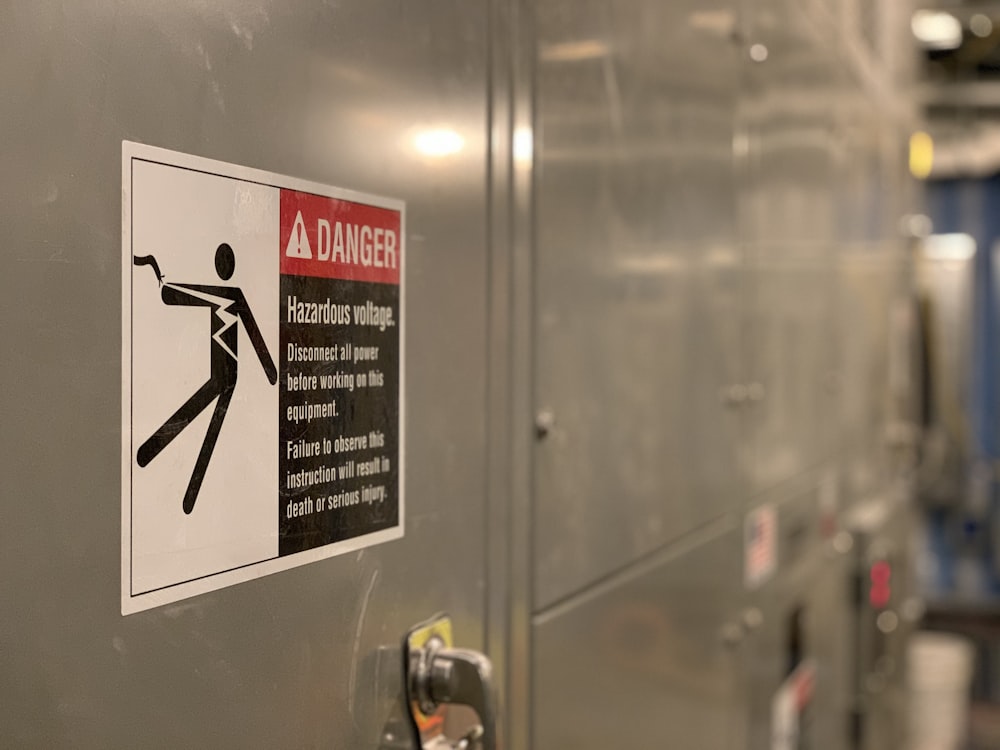Navigating the Controversy Surrounding Homeopathy
Understanding Homeopathy
Homeopathy, a system of alternative medicine founded in the late 18th century by German physician Samuel Hahnemann, operates on the principle of “like cures like.” It suggests that a substance that causes symptoms in a healthy person can cure similar symptoms in a sick person when administered in highly diluted doses. Proponents believe that homeopathic remedies stimulate the body’s self-healing mechanisms and restore balance, while critics argue that the dilutions are so extreme that they are essentially just water.
Safety Concerns
One of the primary areas of contention surrounding homeopathy is its safety. Critics often point out that because homeopathic remedies are highly diluted, they are essentially inert and pose little risk of adverse effects. However, there have been reports of adverse reactions and interactions with conventional medications, particularly when patients use homeopathy as a substitute for evidence-based treatments. Additionally, concerns have been raised about the quality and regulation of homeopathic products, with some studies finding inconsistencies in potency and contamination issues.
Efficacy Debate
The efficacy of homeopathy is another hotly debated topic. While proponents cite anecdotal evidence and individual success stories, scientific studies evaluating the effectiveness of homeopathic remedies have yielded mixed results. Some studies have suggested that homeopathy may be no more effective than a placebo, while others have found modest benefits in certain conditions. Critics argue that any perceived improvements can be attributed to the placebo effect or natural course of the illness rather than the homeopathic treatment itself.
Scientific Scrutiny
The scientific community has long been skeptical of homeopathy due to its fundamental principles, which contradict established laws of physics, chemistry, and biology. Critics argue that homeopathy lacks a plausible mechanism of action and violates the principles of pharmacology and toxicology. Despite numerous systematic reviews and meta-analyses casting doubt on the efficacy of homeopathy, proponents continue to defend its use, often citing personal experiences and testimonials as evidence of its effectiveness.
Regulatory Challenges
Regulating homeopathy presents a unique challenge for policymakers and healthcare authorities. In many countries, including the United States and the United Kingdom, homeopathic products are regulated as over-the-counter drugs or dietary supplements rather than prescription medications. This regulatory framework allows homeopathic remedies to be sold without rigorous testing for safety and efficacy, leading to concerns about consumer protection and public health.
Patient Choice and Autonomy
Advocates of homeopathy often emphasize the importance of patient choice and autonomy in healthcare decisions. They argue that individuals have the right to explore alternative treatments and should not be denied access to therapies that they believe benefit them. However, critics counter that promoting homeopathy as a valid treatment option undermines public trust in evidence-based medicine and may lead patients to forgo effective treatments in favor of unproven remedies.
Educational Outreach
Addressing the controversy surrounding homeopathy requires a multifaceted approach that includes education, regulation, and informed decision-making. Healthcare providers play a crucial role in providing patients with accurate information about the safety and efficacy of different treatment options, including homeopathy. Increasing public awareness about the scientific evidence (or lack thereof) behind homeopathy can empower individuals to make informed choices about their healthcare.
The Need for Critical Evaluation
As the debate over homeopathy continues, it is essential to approach the topic with critical thinking and skepticism. While some individuals may report positive experiences with homeopathic remedies, anecdotal evidence is not a substitute for rigorous scientific inquiry. By critically evaluating the evidence and considering the broader implications of promoting homeopathy, we can foster a more informed and evidence-based approach to healthcare decision-making. Read more about Debate over the safety and efficacy of homeopathic remedies
